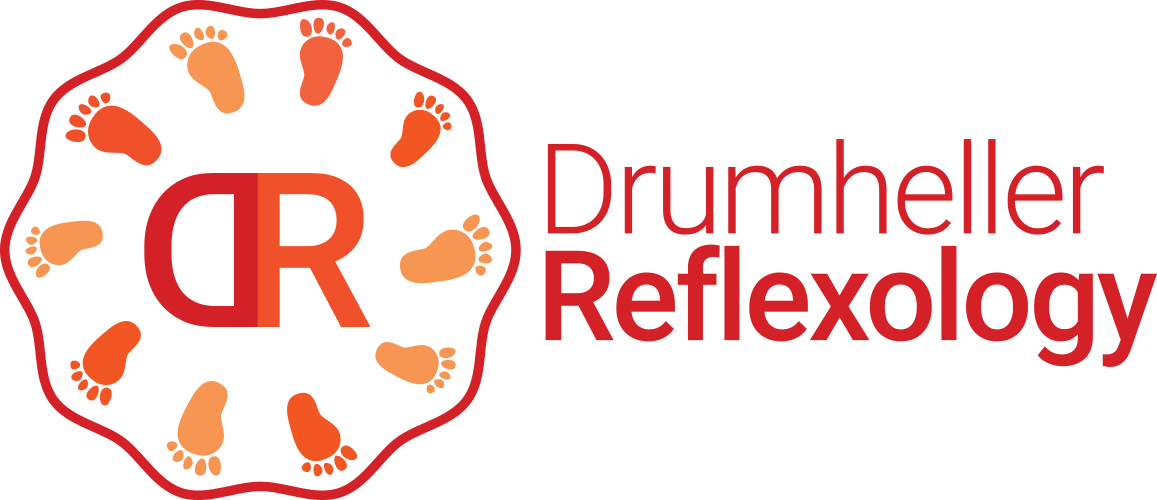Stress ~ Today’s Biggest Challenge to Your Good Health
by Diana Watson
When stress complicates life ~ can Reflexology truly help?
We all experience stress in some form in our lives. It may be a major event, such as the death of a loved one, a job loss, or maybe a chronic illness facing ourselves or a family member. People may suffer from any one of a number of anxiety disorders from minor ones to post-traumatic stress disorder (PTSD).
Chronic or long-term stress depresses the immune system – even if it is not intense. Today, stress-related illness in our society is at an all-time high. Some researchers consider the level of stress-induced illness to be anywhere from 75% up to 90% of all sicknesses. It does not take a lot of searching to find well documented, medical research studies showing the physical effects on the body from stress, which can lead to illness.
Some of the results can be: a depressed immune system; weight gain or obesity; increased inflammation in the body, possibly causing painful joints; sleep problems such as insomnia; heart disease; depression; digestive issues; and back, neck, and even shoulder pain. Following is a list of the effects of stress to our general health.
TOP TEN EFFECTS OF STRESS
Stress has a number of negative effects on the body, of which the worst are the following:
The body calls on fat reserves to be used up for energy. These fatty deposits stay in the blood vessels and contribute to arteriosclerosis (thickening of the artery walls). This narrows the blood vessels and puts you at risk of heart disease.
Your heart beats faster, increasing blood flow around the body, which can lead to high blood pressure and headaches. This puts a strain on all the blood vessels.
The liver pours out glucose for the muscles to use as energy. Glucose stays in the bloodstream when it does not get used up, which can lead to diabetes.
The adrenal glands pour out the steroid hormone cortisone. In large doses it is toxic to the brain causing depression and memory loss.
Blood diverts from the bladder, and if the bladder is not continually emptying, this can lead to cystitis (urinary tract infection).
Stress lowers the immune system so that you find it harder to fight infection and bacteria have a better chance of taking hold.
Tense neck and shoulder muscles lead to pain. This tightness in the muscles can restrict nerve impulses to different parts of the body. For example, tinnitus (ringing in the ears) is common during times of stress because of compression of the nerve roots.
Blood is diverted from the digestive system because it is considered nonessential in times of danger, so the digestive system does not function properly. This can make any digestive disorder worse.
Stress directly affects the hormonal system and puts the body’s glands and hormones out of balance.
Your breathing is restricted during times of stress, so less oxygen reaches the cells and consequently there is a greater accumulation of waste products.
(From The Reflexology Bible by Louise Keet.)
Your health and well-being can benefit from purposeful and conscientious efforts to manage your stress levels. So – how to deal with this problem we all face on a day-to-day basis?
WHAT WE CAN DO TO MANAGE STRESS DAILY:
~ Meditation ~
More and more information is available now on the health benefits of practicing meditation on a regular basis
~ Deep breathing ~
This is something you can do almost anywhere, anytime during your day
~ Exercise ~
Regular, daily walks and/or exercise of some kind help us to stay healthy
~ Eating and drinking ~
Choosing healthy food and drink, as well as lowering intake of things like caffeine, sugar, alcohol and nicotine will go a long way to assisting with health and sleep patterns
~ Natural Therapy ~
Different therapeutic techniques such as massage therapy, cranial sacral therapy, aromatherapy and reflexology can benefit your health and well-being
Reflexology offers one of the most comforting, hands-on forms of human interaction, reducing many negative symptoms and increasing a sense of well-being. Reflexology works as a complement to any medical, cancer and/or mental health care treatments being experienced - with no adverse side effects.

